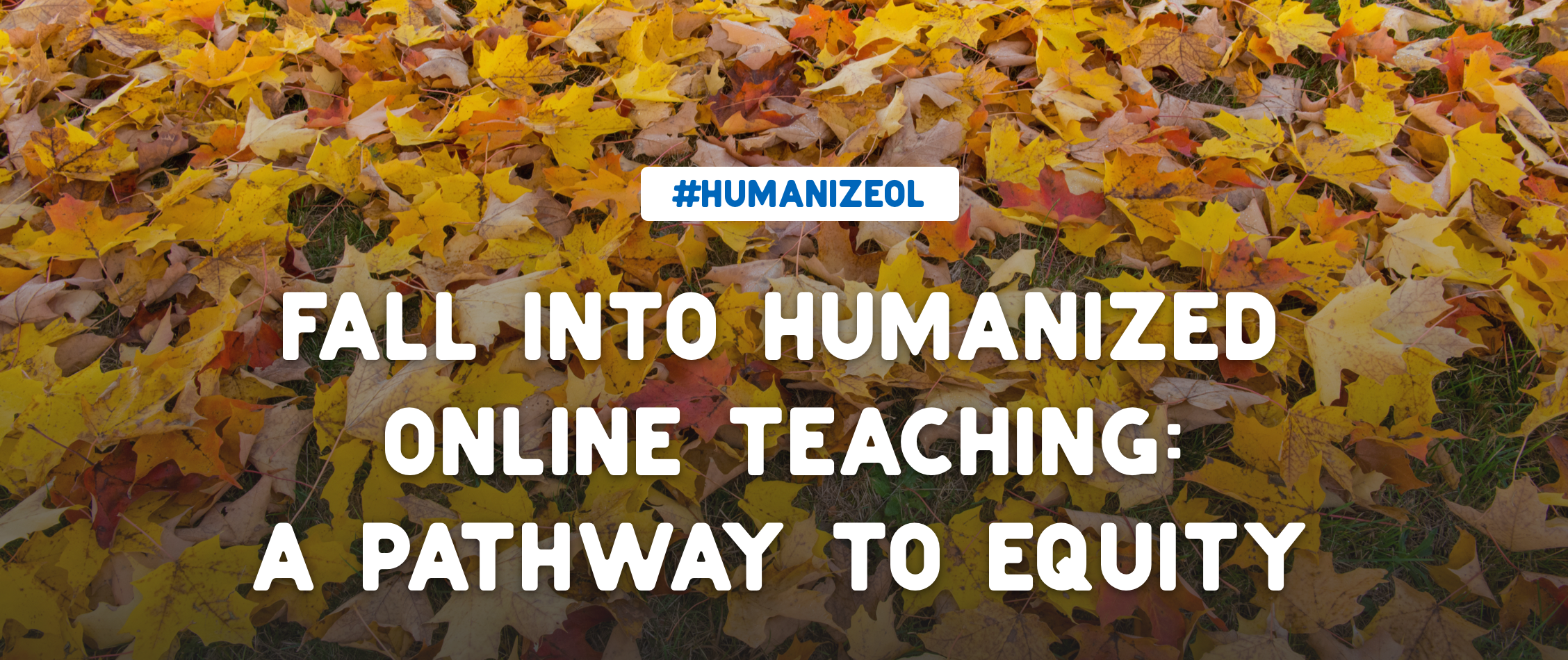Join your fellow California community college (CCC) peers for an engaging series of virtual events designed to support equitable online learning experiences for all CCC students!
Guided by our system’s Vision for Success, Guided Pathways and AB705 have increased opportunities for more students to achieve their academic goals. To make more progress towards equity, we must work together to adjust our traditional instructional practices to center and celebrate the diversity and brilliance of our students, while embracing the numerous opportunities online classes provide.
Coming in Spring 2022! Equity Grading Strategies - A 4-week facilitated online course from CVC/@ONE designed and taught by CCC faculty for CCC faculty.
In this series, you will learn how to foster student agency through an asset-based teaching lens and hone a critical mindset about why and how you grade your students. Each workshop will provide opportunities to apply concepts and strategies to your own courses. Both new and veteran online instructors are invited to attend the entire series or individual sessions a la carte. Registration is free.
See Schedule Here
View the EOT Archives
Schedule
Ungrading for Learning & Equity
Tuesday, 01/25/22, 10:00-11:15AM PT
Susan D. Blum, editor of the book, Ungrading: Why Rating Students Undermines Learning (and What to Do Instead)
Request access to the recording of "Ungrading for Learning & Equity"
In this interactive workshop, Susan D. Blum introduces some of the principles behind the growing practices united under the umbrella of "ungrading." She also talks about many practices that she and others use to implement ungrading--leading to greater learning and equity. There will be ample opportunity to think about your own pedagogical questions and to interact with both Susan and your colleagues.
Meeting Students' Diverse Needs: Universal Design For Learning
Thursday, 02/10/22, 11:00AM-12:00PM PT
Helen Graves
View the archive of Meeting Students' Diverse Needs
Universal Design for Learning (UDL) is a framework for thinking about teaching and learning that offers flexibility in the ways students access material, engage with it, and show what they know. You could think of it as “equity by design.” UDL principles benefit all learners by building in choice and versatility that can be adjusted for every learner’s strengths and needs. In this webinar, we’ll talk about strategies to better (and more easily) meet the diverse needs of your students.
Amplifying Student Stories as an Equity-Minded Practice
Thursday, 02/24/22, 1:00-2:15PM PT
Maritez Apigo, Contra Costa College
Denise Maduli-Williams, San Diego Miramar College
View the archive for Amplifying Student Voices
Every student's voice matters, and every student has a story to tell. Providing opportunities for students to tell their stories is critical, especially in the online environment where sharing builds and deepens connection. Digital storytelling is special in that it humanizes the online experience by incorporating multimedia elements such as images, voice, music, and text. Through this asset-based practice, students are provided with flexibility and choice in their opportunities to share and respond. Instructors can further foster connection and engagement with students by sharing their own stories through video.
By the end of this workshop, participants will be able to:
1. Comprehend digital storytelling as an equity-minded, humanizing practice that supports student success.
2. Apply strategies for integrating student and instructor narratives in their own courses.
Get the ‘F’ Outta Here: Challenging the Oppressive Status Quo by Equitizing Our Grading Practices
Friday, 03/04/22, 10:30AM-12:00PM PT
Bri Brown, Cuyamaca College
Dave Dillon, Grossmont College
Fabiola Torres, Glendale College
View archive of Get the 'F' Outta Here
Three ungrading advocates will discuss the historical roots and equity implications of assessment practices. The presenters will share their journeys in ungrading, including the purpose behind designing their systems, their trial and error iterative processes, lessons learned, and student feedback. Participants will be provided with resources for implementing components of their systems in their own courses, have an opportunity to examine their own grading and assessment policies, and develop a plan for modifying a component of their systems.
In this workshop, you will:
1. Analyze the historical roots and equity implications of grading
2. Identify strategies for equitizing their own grading policies
3. Discuss how to prepare students to engage in no-points grading
Simple Teaching Strategies for Fun, Community-rich Zoom Classes
Wednesday, 03/09/22, 1:00-2:15PM PT
Jason Kalchik, Mesa College
View archive of Simple Teaching Strategies
In this interactive session, Jason will showcase and model equitable facilitation strategies that encourage active, authentic engagement in synchronous, online learning. With a focus on fostering a learning community, sharing agency, and grounding instruction in student strengths and experiences, we’ll work through various exercises and share and discuss techniques that have and haven’t worked in each of our own classes.
In this workshop, you will:
1. Explore live online facilitation techniques designed to unsettle traditional power dynamics within the college course.
2. Interrogate the concept of “participation” in order to reconsider and refine practices designed to encourage active engagement.
3. Evaluate inclusive pedagogical strategies that support the success of English students in our post-AB 705 landscape.
From Gotcha to “You Got This!”: Online Teaching Strategies that Uplift Students, Build Interactivity, and Increase Retention
Wednesday, 04/27/22, 2:00-3:15PM PT
Dr. Jamie A. Thomas
View archive of Simple Teaching Strategies
This interactive workshop will provide hands-on experience in building a simple, online “Encouragement Board” that uplifts the collective morale of a class, by archiving students’ positive and encouraging messages for classmates. We will also explore how and why transforming traditional assessments, like timed and multiple-choice tests, into lively, weeklong video/audio discussions can reduce stress and anxiety. These asynchronous discussions turn “gotcha” tests and their focus on “correct answers” into enjoyable opportunities that encourage risk-taking, and support student success and retention by expanding peer learning and personalization of course content. Strategies for quickly assessing student discussion posts will also be presented.
By the end of this workshop, participants will be able to:
1. Create an “Encouragement Board” using Padlet (for free), which they can insert into their online courses, or add to a Canvas module for their on-ground course
2. Plan use of Flipgrid (for free) to transform traditional assessments like tests into video/audio discussions that reduce stress and anxiety, and present opportunities for peer learning, personalization, and individual success.
Featured Speakers
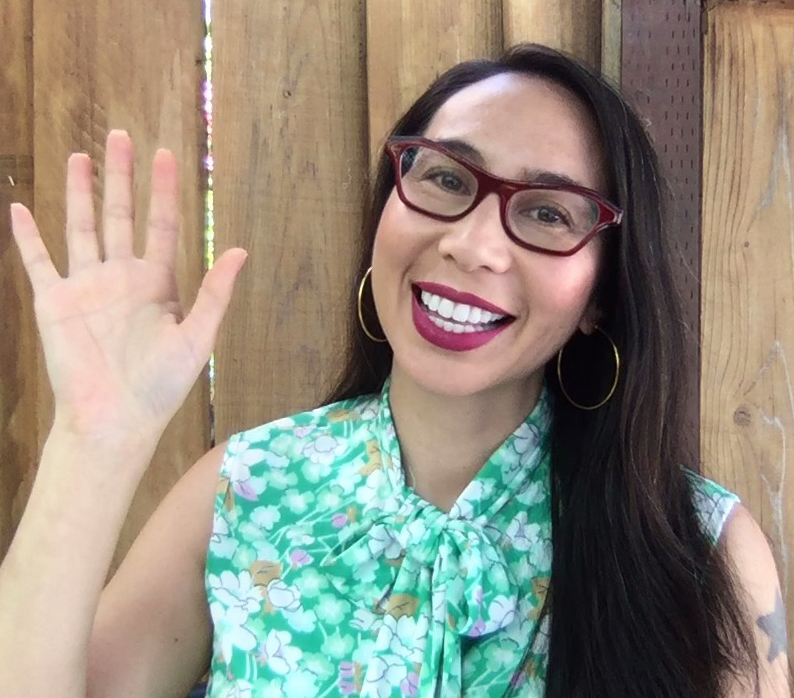
Maritez Apigo
For over two decades, Maritez Apigo (she/her) has had the honor of teaching English and ESL in community colleges, high schools, and middle schools in the Bay Area, California and in Hawaii. She has been teaching online since earning her M.A. in English and TESOL from SFSU in 2012, and she holds an Online Network of Educators (@ONE) Certificate in Online Teaching and Design and an @ONE Advanced Certificate in Online Teaching Principles. Currently, she is the Distance Education Coordinator, the Open Educational Resources (OER) Coordinator, and an online and hybrid English Professor at Contra Costa College. She trains faculty in online teaching pedagogy at the college, district, and state levels. She is an @ONE Online Course Facilitator of four courses and a CVC-OEI Online Course Reviewer. Her passions for social justice, equity, innovation, and student success are illuminated in her work. When she's not teaching students or training faculty, you might discover her behind two turntables DJing, in the dance studio working on her dance technique, or at a soccer field cheering on her two young children. Twitter: @maritezapigo
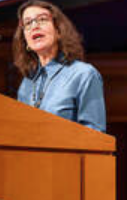
Dr. Susan D. Blum
Dr. Susan D. Blum is a professor of Anthropology at the University of Notre Dame. After a previous incarnation as a China anthropologist, her research for the last decade and a half has been on higher education, about which she has written and edited three books, most recently "I Love Learning; I Hate School": An Anthropology of College and Ungrading: Why Rating Students Undermines Learning (and What to Do Instead). She is especially concerned about the mismatch between our structures of schooling and what we know about how people learn--and thrive. Website: SusanBlum.com Twitter: @SusanDebraBlum
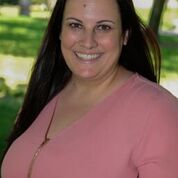
Dr. Bri Brown
Dr. Bri Brown received her Bachelor's in English at Cal Poly, San Luis Obispo; Master's in English at SDSU; and Doctorate of Education from SDSU, focusing on Community College Leadership. Her dissertation examines how no-points grading systems contribute to mitigating equity gaps and serve as an effective approach to decolonizing the composition classroom. Students disclosed that they feel validated, more engaged, less stressed, more in control of their course grades, and more intrinsically motivated to learn when the instructor uses a no-points grading system. Bri believes whole-heartedly that equitable and authentic assessment aligns with the mission of the community college and empowers students to demonstrate their brilliance. Bri has been teaching English at the community college since 2014 and online since 2015. In 2020, Bri co-designed and facilitated Cuyamaca’s Teaching Online Certificate course, and she recently stepped into the Distance Education Coordinator position. On a personal note, she is recently married and lives in San Diego with her husband and two cats. They enjoy watching sports as a family; doing cycling classes; and experimenting with new recipes, restaurants, and TV series.
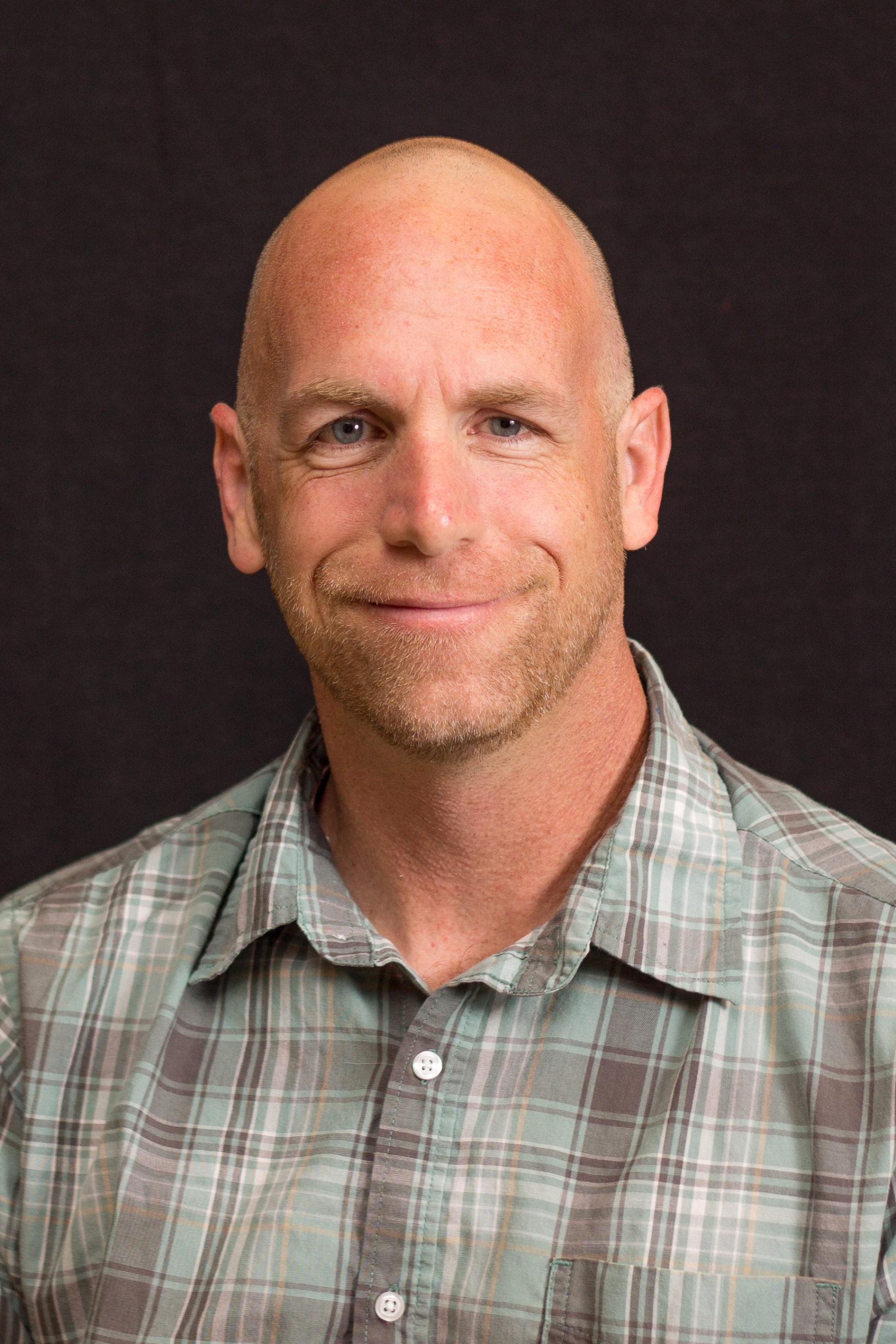
Dave Dillon
Dave Dillon is the online education coordinator and a professor of counseling at Grossmont College in San Diego. He currently serves as an Academic Senate for the California Community Colleges OERI (Open Educational Resource Initiative) Regional Lead. He curated and co-authored three OER (Open Educational Resource) textbooks, including Blueprint for Success in College and Career (Rebus Community, 2019), which won a Textbook Excellence Award from the Textbook and Academic Authors Association and an Open Textbook Award from Open Education Global. Dave chaired a statewide California Community College OER Task Force in 2017 and was a Stanford University Global Studies Fellow in 2019. Dave is passionate about learning, success, equity, ungrading, learning material quality, open pedagogy, accessibility, affordability, and design.
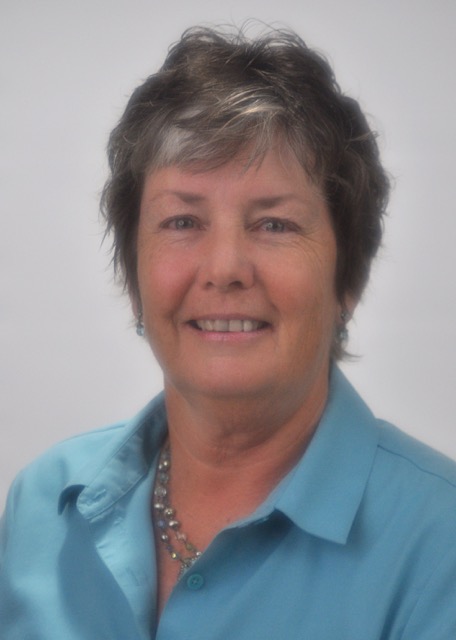
Helen Graves
Helen brings a diverse background in education, Adlerian psychology, Neuro-Linguistic Programming and marketing to her passion for effective instruction. She graduated from UC Santa Cruz with a degree in Environmental Studies, earned her teaching credential at CSU Fullerton (both too long ago to mention dates!), completed UC Irvine's eLearning Instructional Design program, and received a Masters in Learning Design and Technology from SDSU. Helen has been supporting CCC instructors with Canvas and course design since 2015 and delights in showing instructors how to apply best pedagogical practices to create dynamic courses that keep their students engaged.
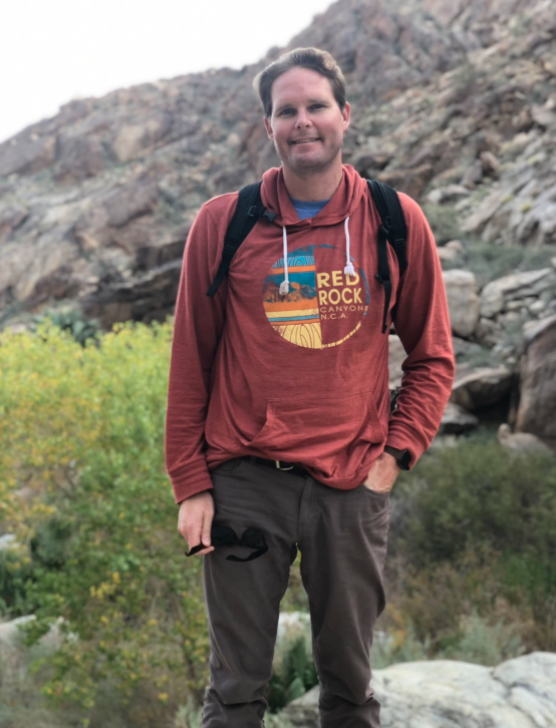
Jason Kalchik
Jason Kalchik has taught composition, literature, and creative writing courses at San Diego Mesa College for just over eight years. His primary academic interests are in literature, popular culture, and critical theory. However, when it comes to teaching, he feels the most excitement designing and facilitating composition courses in the co-requisite model, a model for which he and his colleagues at Mesa were early adopters and innovators. Through professional learning experiences, he has come to understand the vitality of ongoing self-reflection and growth. He lives in Normal Heights with his wife and his two cats and stays active exploring nature, rock climbing, attending live music, and reading.
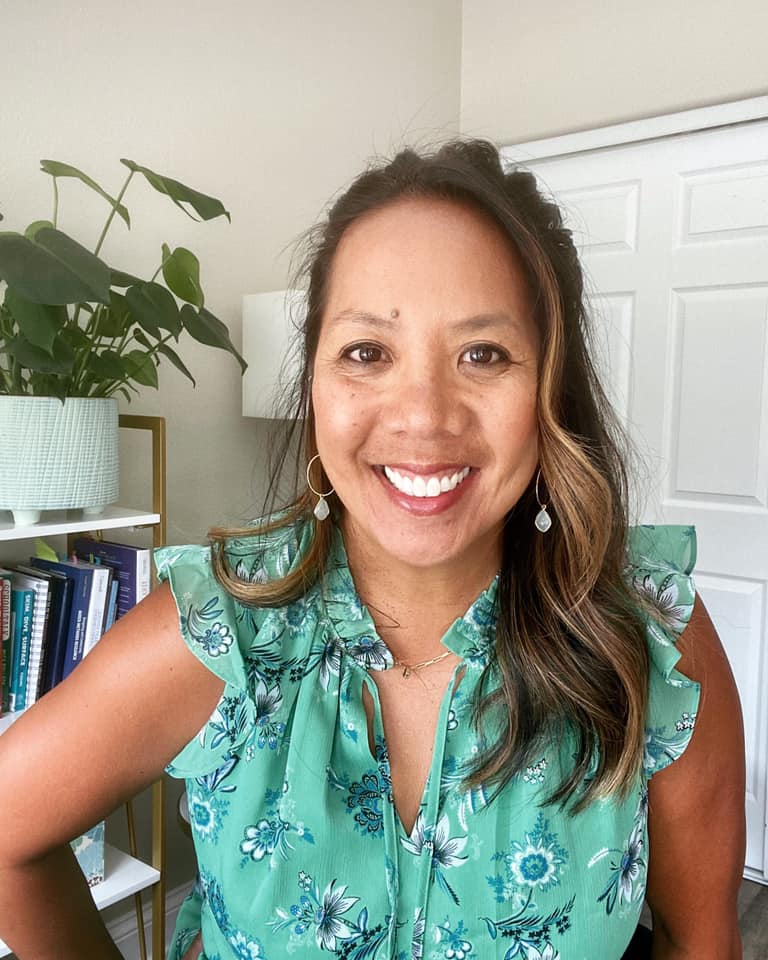
Denise Maduli-Williams
Denise has had the privilege of teaching English and ESOL in a variety of settings for over two decades. From teaching in a California prison, a village in Botswana as a Peace Corps Volunteer, and New York CIty public high schools, she finally found her home in community colleges, teaching at Harold Washington College in Chicago and the City College of San Francisco. Currently, she is the Online Accessibility Mentor and an Associate Professor at San Diego Miramar College teaching online, hybrid, and in-person. She also teaches graduate students at the University of San Diego’s MA TESOL Program and facilitates an @ONE course. Denise earned her M.A. in TESOL from Teachers College, Columbia University and is a doctoral candidate at UCSD/CSUSM researching the impact of social presence factors in online learning success. She deeply believes equitable, humanized online experiences support student success and is absolutely delighted with the future of educational technology. In her free time, she enjoys the beaches of San Diego, cheers on her sons at their basketball games, and spoils her Jack Russell Terrier, Bella, to bits. Twitter: @dmaduliwilliams
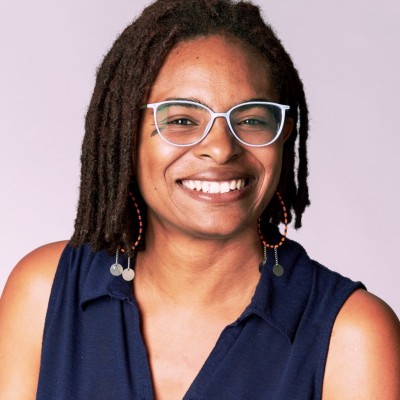
Jamie Thomas
Dr. Jamie A. Thomas is an Assistant Professor of Linguistics at Santa Monica College, and an Equity facilitator for the CVC/Online Network of Educators (@ONE). She supports the “Open for Antiracism” California community college initiative as a faculty coach–advocating for culturally responsive course content in which students can see themselves and their communities. In addition, Dr. Thomas is also an ACLS Community College Faculty Fellow (2021-2022) and Principal Investigator for the project, “Closing Racial Equity Gaps in Online Teaching of Introductory Linguistics.” Her research explores the racialized and embodied learning experiences of college students as connected to cultures of instruction and global popular culture. She has written and edited two books, Embodied Difference: Divergent Bodies in Public Discourse, and Zombies Speak Swahili: Race, Horror, and Sci-fi from Mexico to Tanzania and Hollywood (forthcoming). Connect with her on Twitter / Instagram: @jamieisjames and via her blog: jamieathomas.com
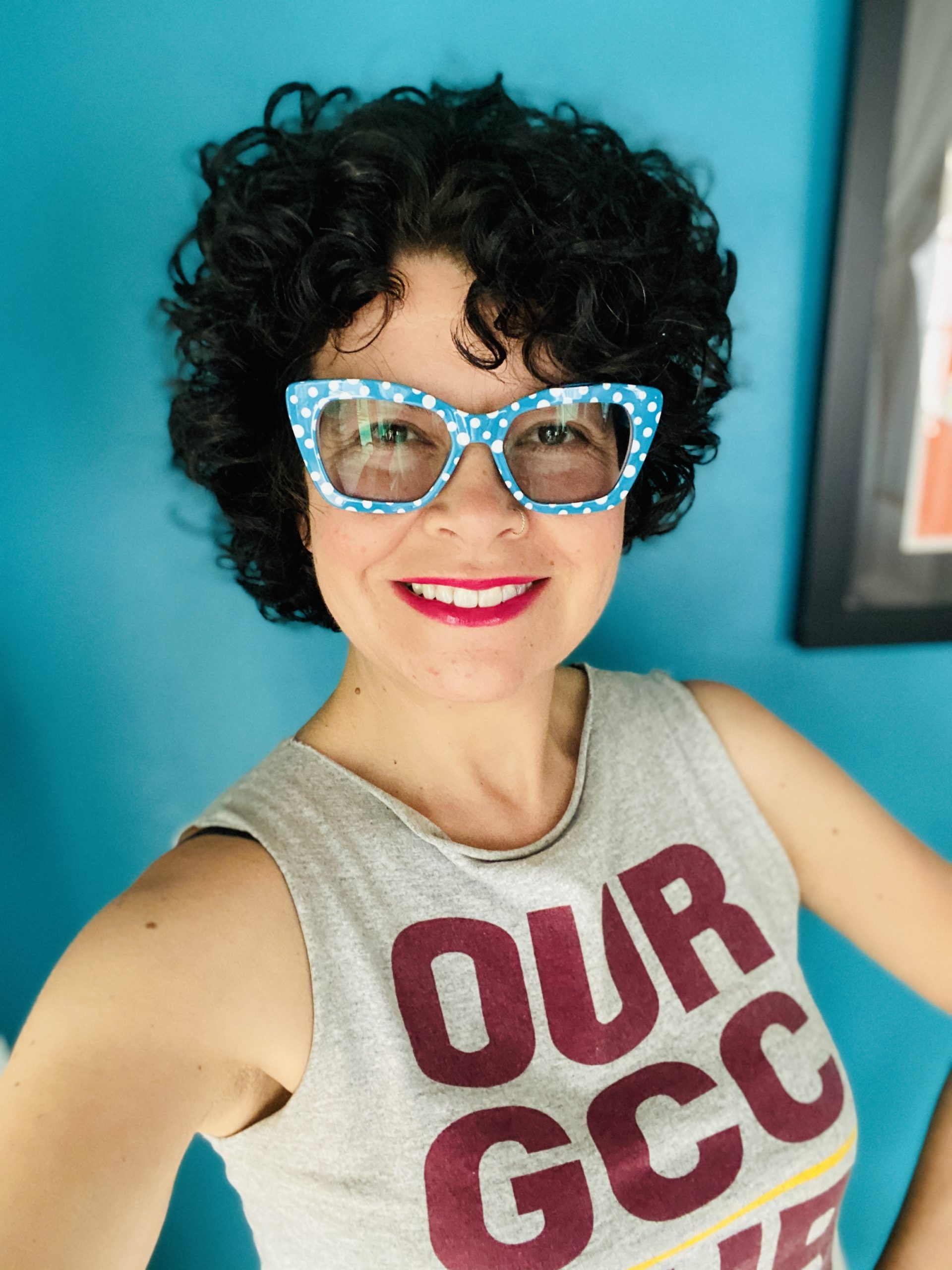
Fabiola Torres
Fabiola Torres is an online Ethnic Studies professor at Glendale Community College, an Equity facilitator for the CVC/Online Network of Educators (@ONE). During the pandemic, Fabiola collaborated with a number of colleges throughout the country in offering professional development workshops and keynote presentations focussing on applying equity-minded methods such as culturally responsive teaching in the online environment, and humanizing online teaching and learning. Fabiola’s teaching principles are inspired by her M.A. in Chicana/o Studies from California State University, Northridge and M.A. in Learning Technology from Pepperdine’s School of Education and Psychology. She was awarded the Online Learning Consortium Advocate Award for Diversity and Inclusion in July of 2020. Fabiola is a fur-mommy of Luke, Leia and Wookie. Connect with her on Twitter: @iLearnNow.

